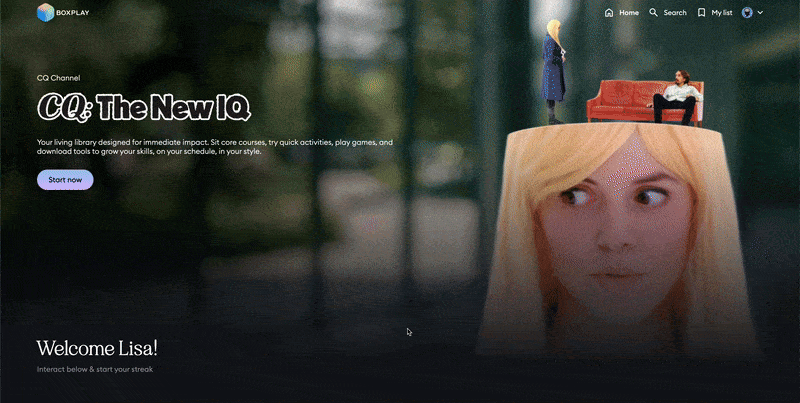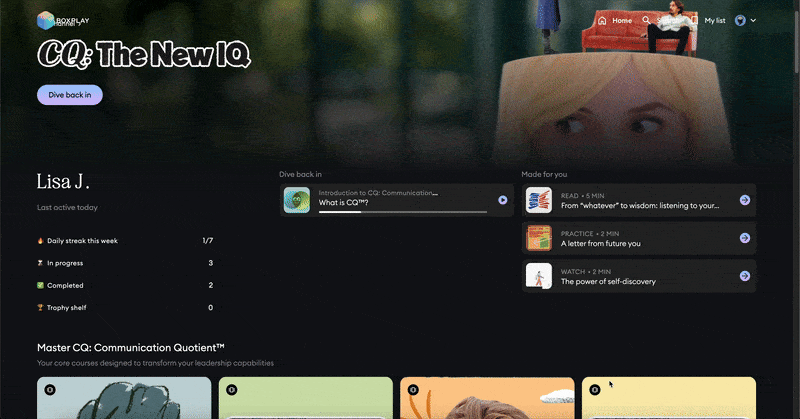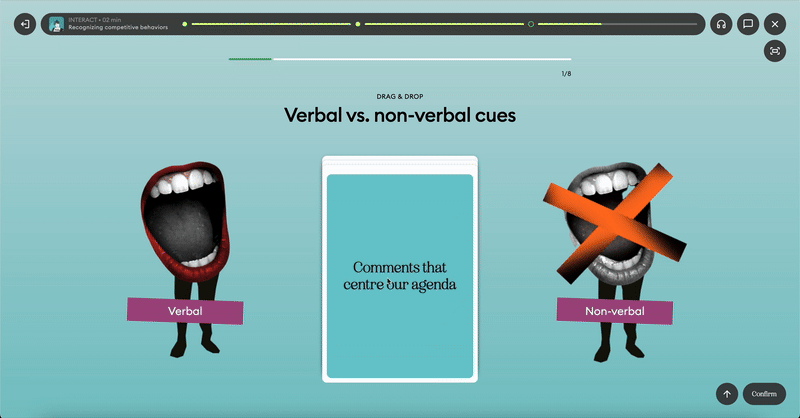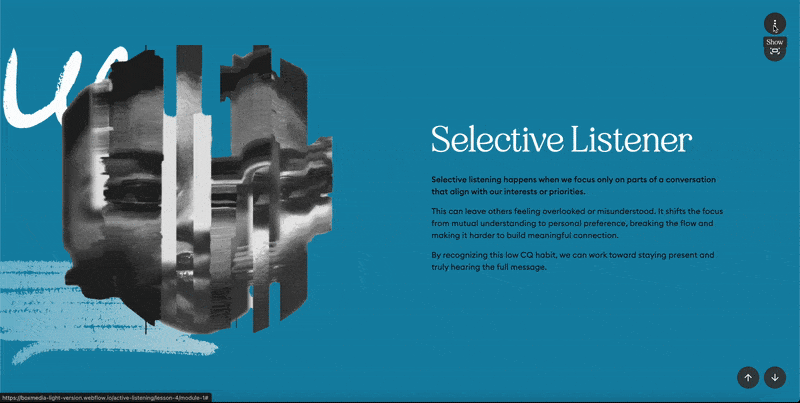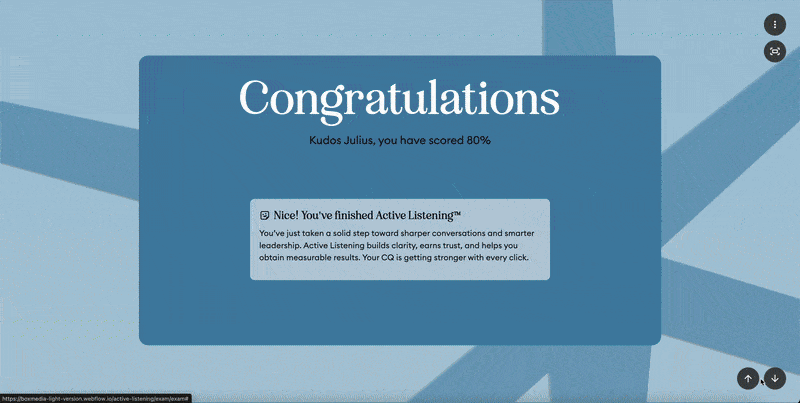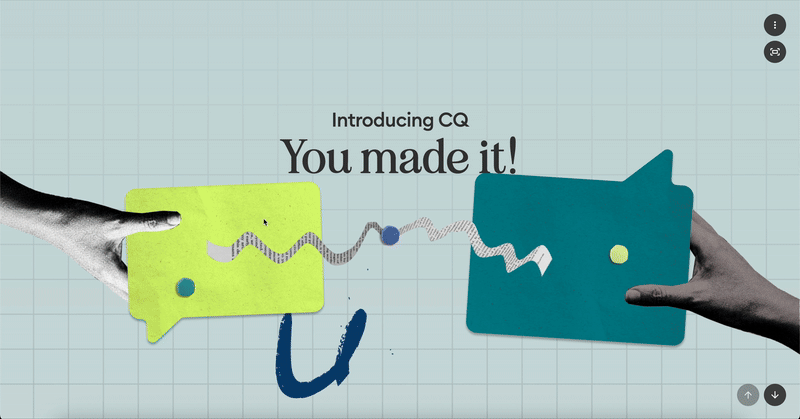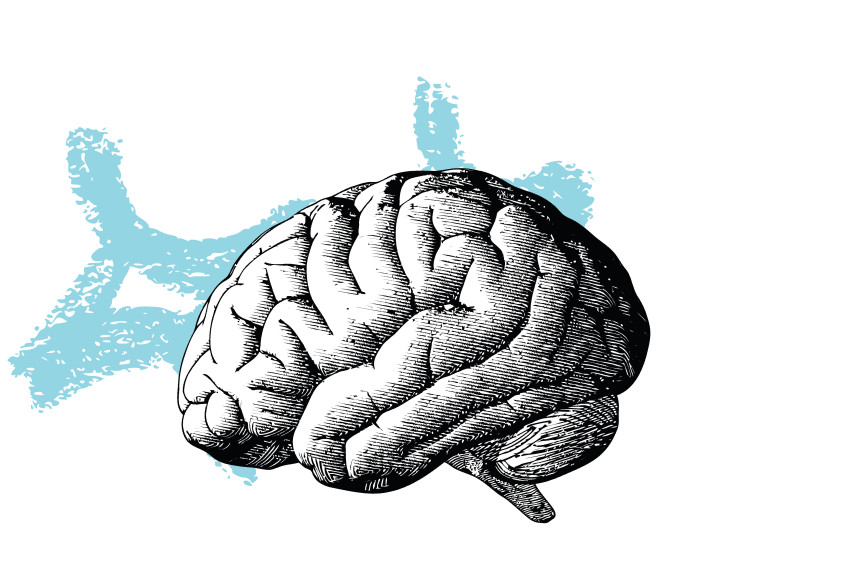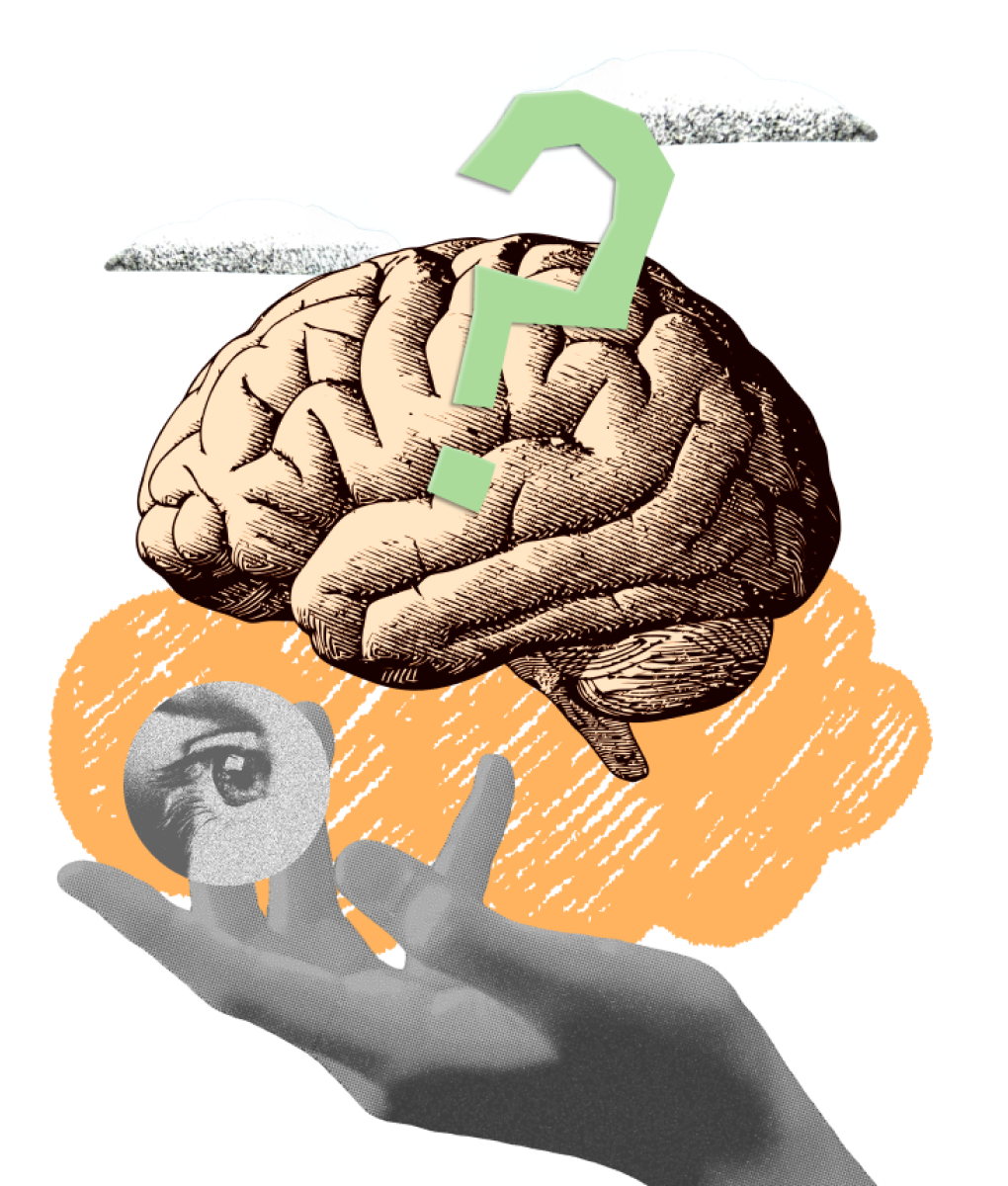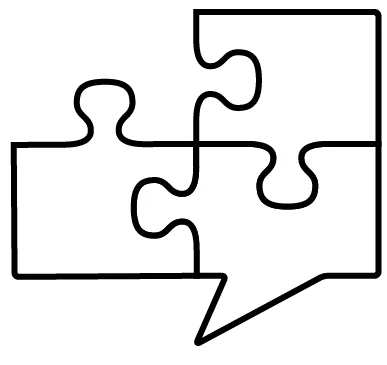


What type of thinker are you ?
You make around 70 decisions a day. How many are wrong? And what mental and professional barriers are then created? Discover your natural thinking type and understand how it shapes your decision-making, information evaluation, and risk spotting.
Answer these 20 questions to find out.
Box Media Holdings © All Rights Reserved 2025

Time to meet your
thinking type.
But before you do, a quick note. The four Thinking Types (Reactive, Unaware, Inflexible, Critical) aren’t black and white categories. While there’s one type that describes you today, that’s very likely to change at different points in your life, or even throughout the course of a week!
So think of this as a useful framework. One meant to help you achieve agile, focused interactions, while powering your unique potential.

Hmm, today your patterns lean toward:
Unaware Thinker
You might sometimes feel… time-poor, absent-minded, or overwhelmed
Remember, your type can change depending on your mindset, or even the time of day! Learn more about the science.
Unaware thinking is more common than you might think, especially in a world where we’re constantly multitasking and faced with endless choices. It’s easy to slip into autopilot mode, opting for the quickest or easiest solution just to get through the day. But quick fixes often create more work in the long run, leaving us stuck without impactful solutions.
To shift our approach takes effort. But that quickly pays off in smarter decisions and better outcomes.
Our CQ Critical Thinking course is here to help. Packed with practical tools, it will help you think more clearly, solve problems more effectively, and tackle challenges with a fresh perspective.


Congratulations! Today you have scored as a:
Critical Thinker
More likely to be… inquisitive, analytical, strategic
Remember, your type can change depending on your mindset, or even the time of day! Learn more about the science.
Hey, congratulations! It looks like you’re a Critical Thinker. You’ve got the knack for asking the right questions, evaluating evidence, drawing thoughtful conclusions, and communicating effectively. Before making decisions, you analyze information, recognize biases, and connect the dots. Keep up the great work!
That said, even the sharpest minds need regular practice to stay at their best. Let’s ensure your skills continue to grow and evolve.
Our CQ Critical Thinking course is here to help. Packed with practical tools, it will help you think more clearly, solve problems more effectively, and tackle challenges with a fresh perspective.
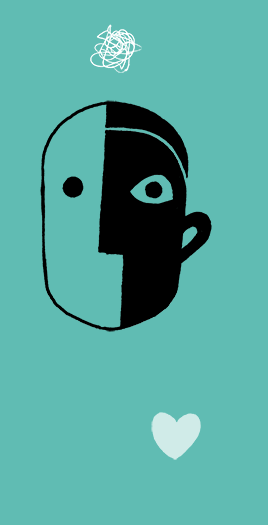

Hmm, today your patterns lean toward:
Inflexible Thinker
You might sometimes feel… headstrong, determined, or persistent
Remember, your type can change depending on your mindset, or even the time of day! Learn more about the science.
This isn’t always a bad thing! Having clear beliefs can be incredibly valuable when making decisions. That said, being open to new ideas and stepping out of your comfort zone can unlock opportunities for growth and fresh perspectives. By recognizing personal biases and challenging them, you can discover the benefits of more flexible thinking.
To shift our approach takes effort. But that quickly pays off in smarter decisions and better outcomes.
Our CQ Critical Thinking course is here to help. Packed with practical tools, it will help you think more clearly, solve problems more effectively, and tackle challenges with a fresh perspective.
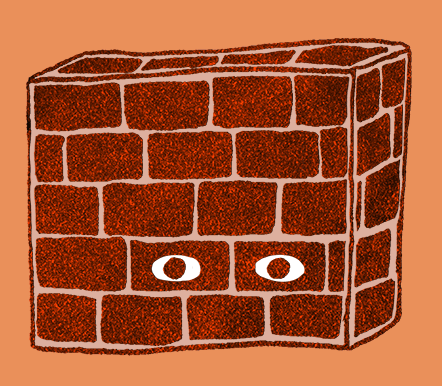

Hmm, today your patterns lean toward:
Critical Thinker
You might sometimes feel… instinctive, confident, or impatient
Remember, your type can change depending on your mindset, or even the time of day! Learn more about the science.
Reactive thinking is common, especially in today’s fast-paced world. Often, our brains rely on shortcuts and patterns to process information quickly, convincing us to act immediately. Taking a moment to pause and analyze situations can unlock more thoughtful solutions and innovative problem-solving.
To shift our approach takes effort. But that quickly pays off in smarter decisions and better outcomes.
Our CQ Critical Thinking course is here to help. Packed with practical tools, it will help you think more clearly, solve problems more effectively, and tackle challenges with a fresh perspective.









